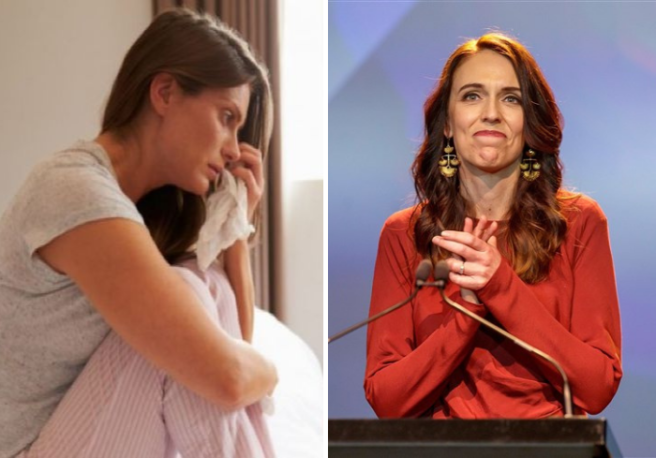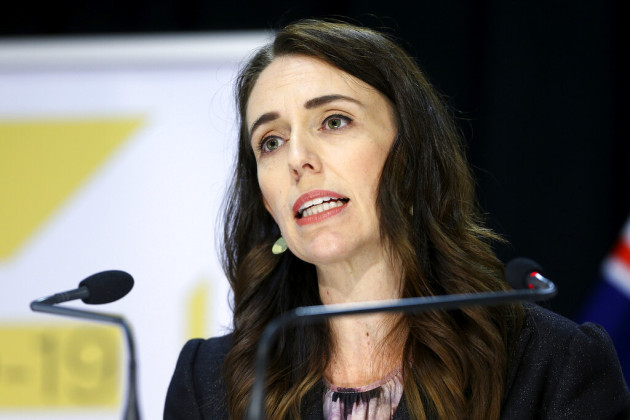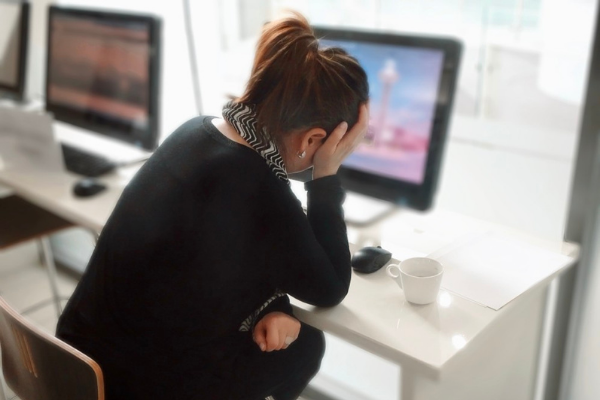
New Zealand grants paid leave for parents who suffer a miscarriage
New Zealand is paving the way for more equal work rights, becoming one of the first countries in the world to pass a legislation which will grant parents three days of paid leave following a miscarriage or a stillbirth.
On Wednesday, March 24, the parliament in New Zealand unanimously voted in favour of allowing couples who suffer a miscarriage at any stage in pregnancy to take three days of paid leave from work, in order to grieve and recover in their own time.
Ginny Andersen, a Labour Parliament member who drafted the Bill, explained to The New York Times how she “felt that it would give women the confidence to be able to request that leave if it was required, as opposed to just being stoic and getting on with life, when they knew that they needed time, physically or psychologically, to get over the grief.”

As in many other countries New Zealand already offered a paid leave for parents who suffered a miscarriage or a stillbirth — however, this only applied to those past the 20-week point in pregnancy. This new Bill applies to those who suffer a miscarriage or stillbirth at any time.
With one in four pregnancies in the UK resulting in miscarriage, this new legislation is a huge leap in the right direction for more equal and realistic rights for women in the workplace, and sets a positive precedent for he rest of the world to emulate.
As it currently stands, if you miscarry after 12 weeks in Australia, you are only entitled to unpaid maternity leave, and in America you’re not entitled to any leave if you’ve miscarried or had a stillbirth.

In Ireland, if you have a stillbirth or miscarry after the 24-week mark then you’re entitled to your full paid 26-week maternity leave, as long as you have enough PRSI contributions.
Speaking about this new legislation in New Zealand, Vicki Culling, an educator about baby loss agrees that this is a wonderful step forward, but there is still much more work to be done. “You get three days’ paid leave, maybe you bury your baby or you have a service, and then you go back to work, and you carry on — and then what? That’s my concern,” she told the publication.
“I’m celebrating it, but I want to see us keeping this compassion going, and looking further into the needs of these parents,” Vicki added.






